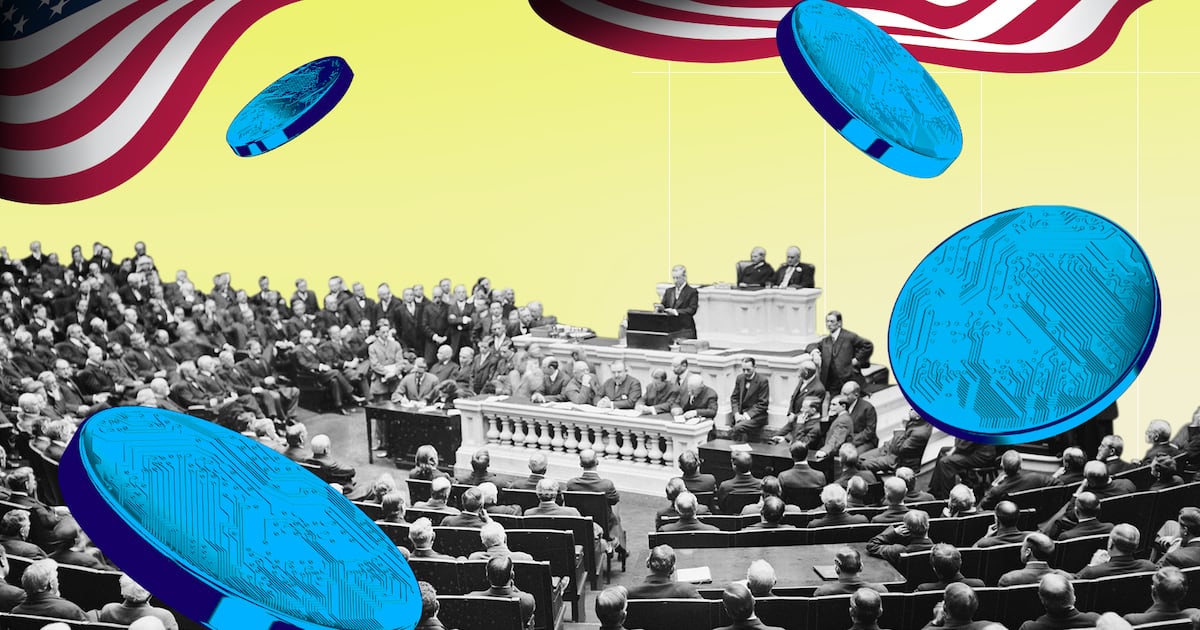US House to Vote on Key Digital Asset Legislation During ‘Crypto Week’
As President Donald Trump’s campaign promises related to the crypto industry face their first significant Congressional test, the US House of Representatives will consider three major bills this week.
Starting July 14, lawmakers will vote on the Genius Act, the Clarity Act, and the Anti-CBDC Surveillance State Act, potentially reshaping the $1.2 trillion digital assets industry. Crypto attorney John Deaton contends the trio’s passage would make policy reversal “highly unlikely.”
The Genius Act: Setting Standards for US Dollar-Backed Stablecoins
Originally passed by the Senate, the Genius Act establishes federal regulatory standards for dollar-pegged stablecoins, mandating oversight from the Federal Reserve and the Office of the Comptroller of the Currency (OCC) for stablecoin issuers exceeding a $10 billion threshold.
Smaller platforms face an option to operate under state-level regulation, though House leaders are reportedly leaning towards their “Stable Act” alternative—a stricter proposal featuring expanded federal control, a two-year ban on algorithmic stablecoins, and mandatory anti-money laundering protocols.
The Clarity Act: Defining Oversight for Digital Assets
The Clarity Act, approved by two House committees but unpassed in the Senate, aims to resolve the regulatory framework for digital assets by transferring primary oversight to the Commodity Futures Trading Commission (CFTC), while implementing lighter rules for genuinely decentralized blockchain systems.
While proponents hail the bill as providing needed industry certainty, critics—including some Democratic lawmakers—express concern about decentralization loopholes that could allow crypto firms to avoid adequate supervision. Recent “mature blockchain” application requirements have drawn particular fire from critics worried about regulatory overload.
Anti-CBDC Measure Blocked Amid Wider Crypto Regulatory Push
Among key provisions awaiting House votes is Representative Thomas Emmer’s move to prohibit a central bank digital currency (CBDC), casting the proposed government-issued digital money as an “Orwellian surveillance tool” threatening financial privacy.
Advocates argue a CBDC could modernize payments, but opponents concerned about unprecedented government spending control see the surveillance bill as President Trump’s latest move against what remains of his early digital currency promises.
Note: This HTML includes basic styling for presentation. The core restructuring focuses on combining foundational information upfront, reorganizing paragraphs for clarity, separating explanatory elements like the seal and breaking news banner, and using a structured yet concise format suitable for online news delivery.












